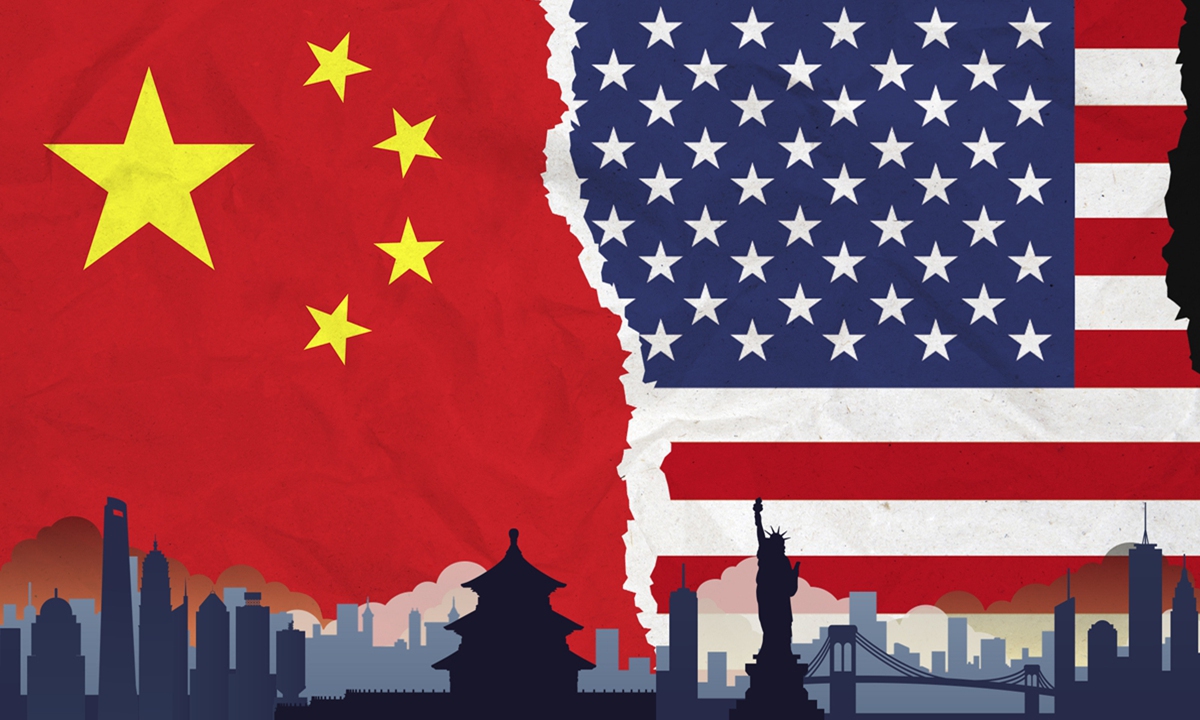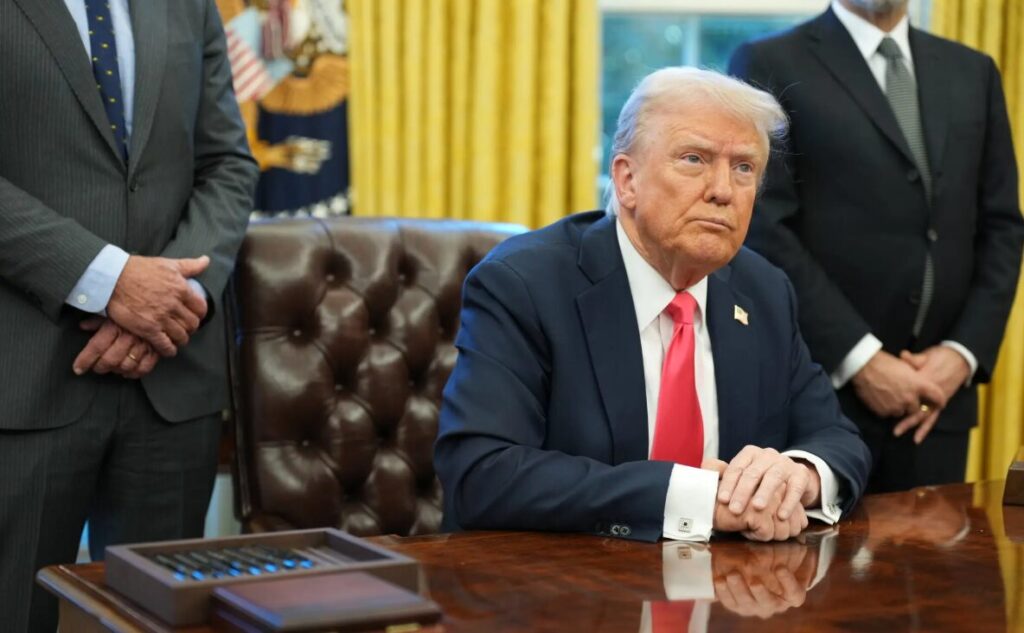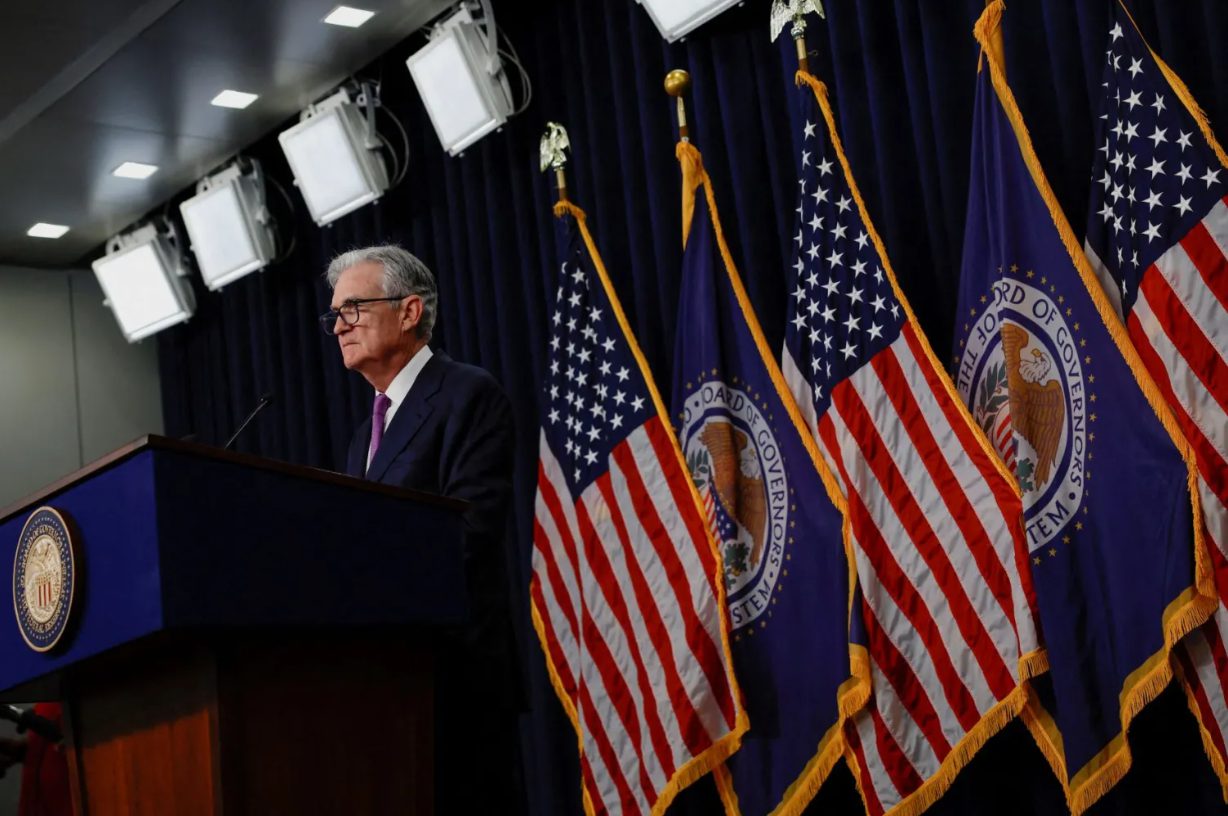China Gains Ground as Trump Turns 15 Allies Against U.S. Trade Deals

Trump’s trade war has definitely taken a dramatic turn in early 2025, with sweeping tariffs now targeting not just China but also 15 key trade partners. This rather aggressive approach has essentially isolated America while creating new opportunities for Chinese economic influence in the global marketplace.
Also Read: If Bitcoin Reclaims Its All-Time High, Here’s What $1,500 Could Be Worth
How Trump’s 2025 Tariffs Sparked a Global Trade War Shift

On April 2nd, Trump imposed tariffs on America’s 15 most reliable trade partners, dubbing them the “dirty 15.” This trade war move has fundamentally altered global commerce dynamics and caused significant disruption in international markets.
The Dirty 15: America’s Former Allies
The countries affected by these tariffs include China, Mexico, Vietnam, Ireland, Germany, Taiwan, Japan, South Korea, Canada, India, Thailand, Italy, Switzerland, Malaysia, and Indonesia. These nations represent America’s most valuable trading relationships, now caught in the global trade war, and the situation continues to evolve with each passing day.
Jeff Bleich, former U.S. ambassador to Australia, stated:
“Trump’s tariffs on America’s trade partners did not kill free trade among these nations; it only killed free trade with the U.S.”
Strategic Missteps
Traditional trade conflict strategies generally involve building coalitions before implementing tariffs. However, Trump’s unilateral approach in this trade war has left America somewhat vulnerable to retaliatory measures from multiple trading partners at once.
Bleich had this to say:
“Before launching a tariff war, nations ordinarily enlist partners to help them withstand the retaliatory measures that will follow. To protect itself, the U.S. needs other countries to commit to buy its goods, supply its markets, and replace its supply chain.”
Also Read: De-Dollarization: Experts Predict Outcome Of Yuan Vs. U.S. Dollar
As U.S. tariffs allies relationships continue to deteriorate, China is actively positioning itself as a more reliable partner for international trade. The free trade collapse between the U.S. and traditional allies creates numerous openings for Chinese leadership and economic expansion in previously American-dominated markets.
The experts warned that other nations carrying on with their own free trade principles are likely to retaliate against the U.S., provide support to one another, and create an opening for China to form a trade pact that isolates the U.S.
Evidence of this shift already exists in today’s economic landscape. Former TPP members continued their agreement without U.S. participation after Trump’s withdrawal, and have been reaping its benefits for nearly a decade without the U.S.
Economic Fallout
The immediate impact of Trump’s trade war has been quite severe for certain markets. The U.S. bond market nearly collapsed following the announcement, forcing Trump to pause most tariffs except those specifically targeting China. The global trade war in 2025 continues to threaten economic stability across multiple sectors at the time of writing.
Also Read: Trump Crashes the Stock Market After Public Attack On Powell’s Policies
China trade pact possibilities grow as traditional U.S. allies seek stability elsewhere in an uncertain economic environment. The free trade collapse between America and its longstanding partners creates a sort of leadership vacuum in the global trade system.
Bleich suggested in his assessment:
“The real option for America’s allies is not to go with Trump or against him, but to continue what America has always stood for; to demonstrate the value and resilience of that world order and maybe motivate the U.S. one day to reclaim its place in it.”
As the U.S. tariffs allies situation deteriorates further, and the China trade pact possibility becomes more concrete, the established international order faces perhaps its greatest test in decades, with China appearing poised to capitalize on America’s retreat from free trade principles in this escalating Trump trade war that shows little sign of resolution in the near future.
China Gains Ground as Trump Turns 15 Allies Against U.S. Trade Deals

Trump’s trade war has definitely taken a dramatic turn in early 2025, with sweeping tariffs now targeting not just China but also 15 key trade partners. This rather aggressive approach has essentially isolated America while creating new opportunities for Chinese economic influence in the global marketplace.
Also Read: If Bitcoin Reclaims Its All-Time High, Here’s What $1,500 Could Be Worth
How Trump’s 2025 Tariffs Sparked a Global Trade War Shift

On April 2nd, Trump imposed tariffs on America’s 15 most reliable trade partners, dubbing them the “dirty 15.” This trade war move has fundamentally altered global commerce dynamics and caused significant disruption in international markets.
The Dirty 15: America’s Former Allies
The countries affected by these tariffs include China, Mexico, Vietnam, Ireland, Germany, Taiwan, Japan, South Korea, Canada, India, Thailand, Italy, Switzerland, Malaysia, and Indonesia. These nations represent America’s most valuable trading relationships, now caught in the global trade war, and the situation continues to evolve with each passing day.
Jeff Bleich, former U.S. ambassador to Australia, stated:
“Trump’s tariffs on America’s trade partners did not kill free trade among these nations; it only killed free trade with the U.S.”
Strategic Missteps
Traditional trade conflict strategies generally involve building coalitions before implementing tariffs. However, Trump’s unilateral approach in this trade war has left America somewhat vulnerable to retaliatory measures from multiple trading partners at once.
Bleich had this to say:
“Before launching a tariff war, nations ordinarily enlist partners to help them withstand the retaliatory measures that will follow. To protect itself, the U.S. needs other countries to commit to buy its goods, supply its markets, and replace its supply chain.”
Also Read: De-Dollarization: Experts Predict Outcome Of Yuan Vs. U.S. Dollar
As U.S. tariffs allies relationships continue to deteriorate, China is actively positioning itself as a more reliable partner for international trade. The free trade collapse between the U.S. and traditional allies creates numerous openings for Chinese leadership and economic expansion in previously American-dominated markets.
The experts warned that other nations carrying on with their own free trade principles are likely to retaliate against the U.S., provide support to one another, and create an opening for China to form a trade pact that isolates the U.S.
Evidence of this shift already exists in today’s economic landscape. Former TPP members continued their agreement without U.S. participation after Trump’s withdrawal, and have been reaping its benefits for nearly a decade without the U.S.
Economic Fallout
The immediate impact of Trump’s trade war has been quite severe for certain markets. The U.S. bond market nearly collapsed following the announcement, forcing Trump to pause most tariffs except those specifically targeting China. The global trade war in 2025 continues to threaten economic stability across multiple sectors at the time of writing.
Also Read: Trump Crashes the Stock Market After Public Attack On Powell’s Policies
China trade pact possibilities grow as traditional U.S. allies seek stability elsewhere in an uncertain economic environment. The free trade collapse between America and its longstanding partners creates a sort of leadership vacuum in the global trade system.
Bleich suggested in his assessment:
“The real option for America’s allies is not to go with Trump or against him, but to continue what America has always stood for; to demonstrate the value and resilience of that world order and maybe motivate the U.S. one day to reclaim its place in it.”
As the U.S. tariffs allies situation deteriorates further, and the China trade pact possibility becomes more concrete, the established international order faces perhaps its greatest test in decades, with China appearing poised to capitalize on America’s retreat from free trade principles in this escalating Trump trade war that shows little sign of resolution in the near future.

